Description
Fair Trade Cooperative: APROCOMSA
FLO ID# 48213
APROCOMSA (Asociación de Productores Orgánicos COMSA) was established by members of COMSA (Café Orgánico Marcala S.A.) to intensify their commitment to sustainable and organic coffee production in the Marcala region of Honduras. It emerged as a specialized entity to promote environmental stewardship, social equity, and consistent quality across its producer network. APROCOMSA adheres to its “Finca Humana” philosophy, which emphasizes human and environmental well-being. It conducts biodynamic and organic training at its demonstration farm La Fortaleza through programs like “Pata de Chucho,” and reinvests sales revenue into education—including an international school—demonstrating a strong emphasis on community development.
This particular APROCOMSA coffee is also certified Bird Friendly, which means that the coffee is grown under a shaded tree canopy in an effort to restore critical habitat for migratory birds and other wildlife. The Smithsonian Institute’s framework for growing coffee ensures a minimum shade coverage, tree variety, and tree width on the farms. They monitor this habitat restoration by allowing growers to self-report on a regular basis and paying visits to the farms whenever possible.
Coffee cherries are hand-picked during the November–February harvest, floated to remove defects, fermented for 24 hours, then washed with water-saving demucilagers and dried to roughly 11 % moisture. The cooperative’s central wet mill and dry mill—with Q-graders and cupping labs—ensure rigorous processing, selection, traceability, and quality control for export lots.
Its flagship coffees—often marketed as “APROCOMSA SHG EP”—are exported with certifications and traceability, showcasing varietals such as Bourbon, Catuai, Caturra, Typica, Pacas, Lempira, and IHCAFE‑90. These lots, processed under strict organic and fair-trade standards, fetch premium prices in global markets.
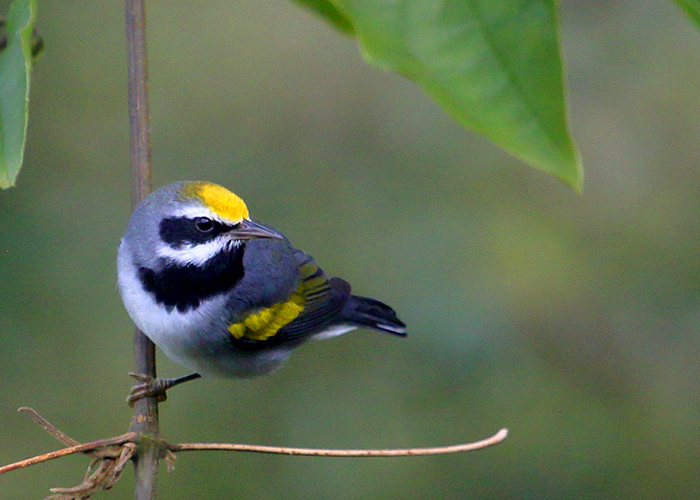
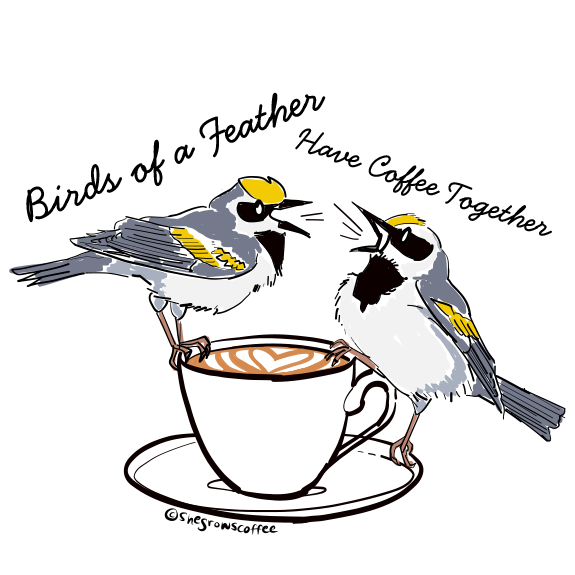
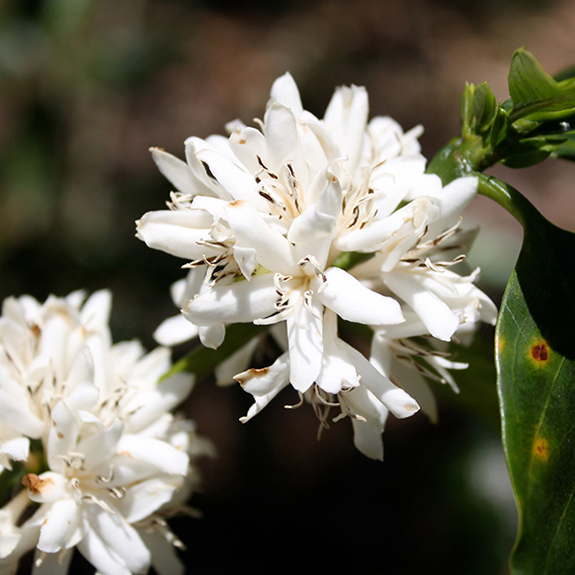
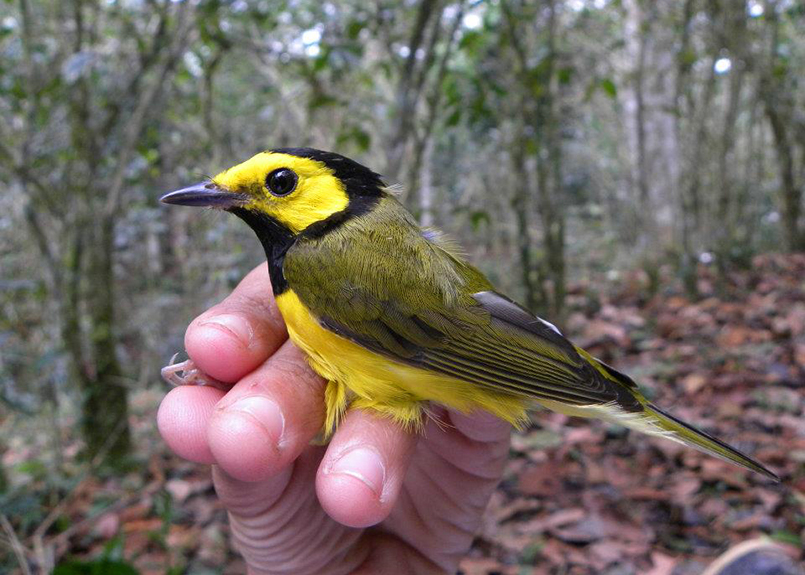
Coffee Production in Honduras: A General Overview
Honduras is one of the world’s top producers of Arabica coffee, ranking among the top 7 globally and the leading exporter in Central America. Annual output reaches around 6 – 7 million 60‑kg bags—roughly 5–6% of global production. Coffee accounts for about 20–30% of Honduras’s agricultural GDP and supports over 120,000 farming families and about 1 million rural workers.
The growing regions are characterized by mountainous terrain, high altitudes (1000–1750 m), volcanic and fertile soils, and tropical highland climates—and these create prime environments for Arabica cultivation. Major coffee regions include Copán, Montecillos, Comayagua, El Paraíso, Agalta, and Opalaca. Production is overwhelmingly smallholder-driven, with about 95% of producers managing farms averaging roughly 2 hectares or less (typically <7 hectares). Agriculture is largely shade-grown to support biodiversity and quality. Crop management includes selective hand-picking, pruning, renovation of older plantations, and disease/pest control—especially against Coffee Leaf Rust (Hemileia vastatrix) and the Coffee Berry Borer.
Coffee varieties grown include Bourbon, Caturra, Catuai, Typica, Pacas, plus IHCAFE-developed hybrids Lempira, IHCAFE-90, and disease-resistant Parainema—some competing in Cup of Excellence contests. Post-harvest processing is predominantly the washed (wet) method via large cooperative wet mills. However, specialty micro-lots now include honey, natural, and extended fermentation methods.
Research and institutional support is led by IHCAFE (Instituto Hondureño del Café), established in 1970. It supports farmer technical assistance, input access, low-interest loans, farm renovation, and climate-smart initiatives. Honduras also hosts regional plant breeding and World Coffee Research trial stations. Major markets for Honduran coffee include the U.S., Germany, Belgium, Italy, Canada, and rising demand from South Korea. EU regulations on deforestation traceability pose challenges.

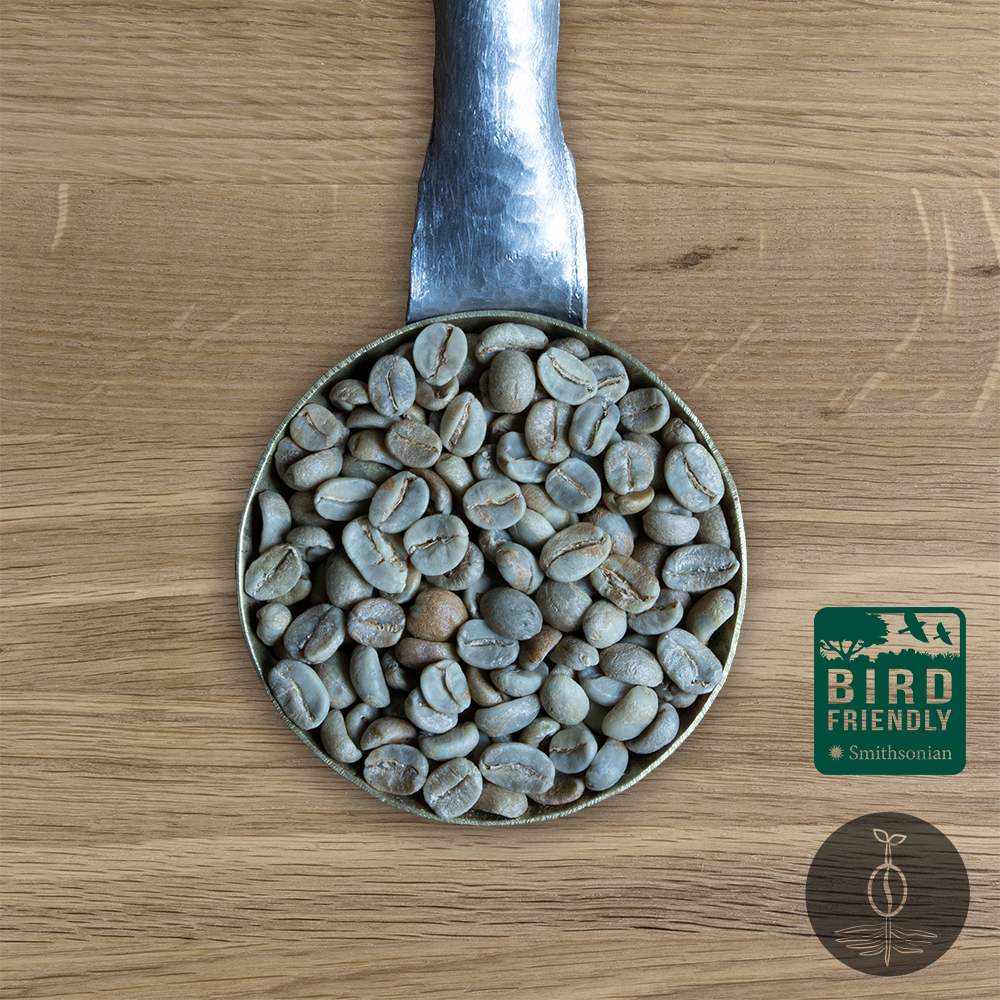
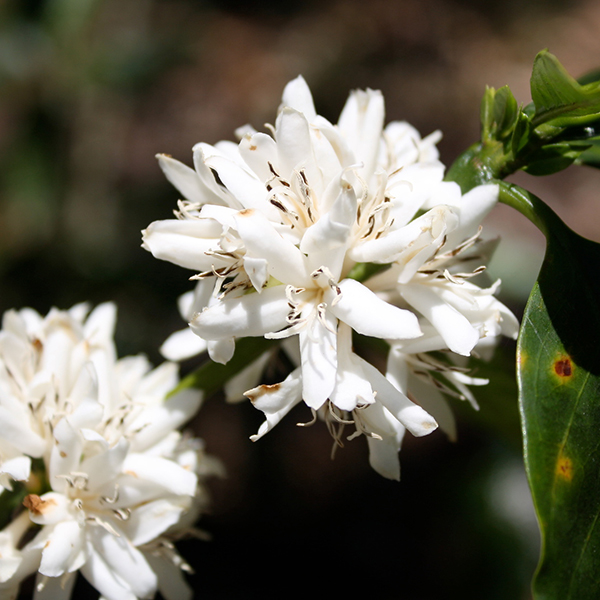
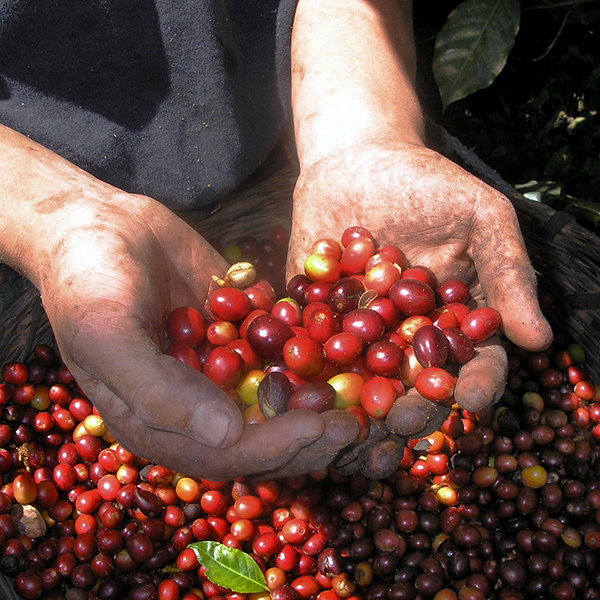
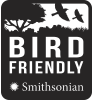
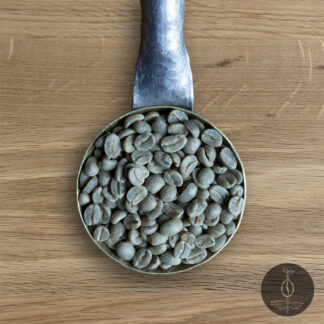
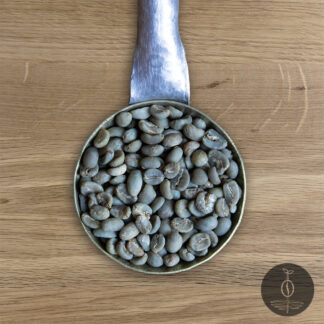
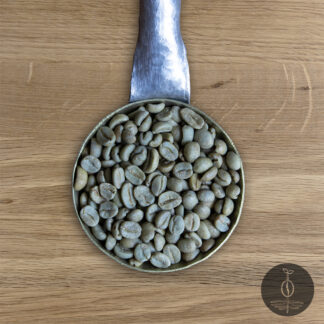
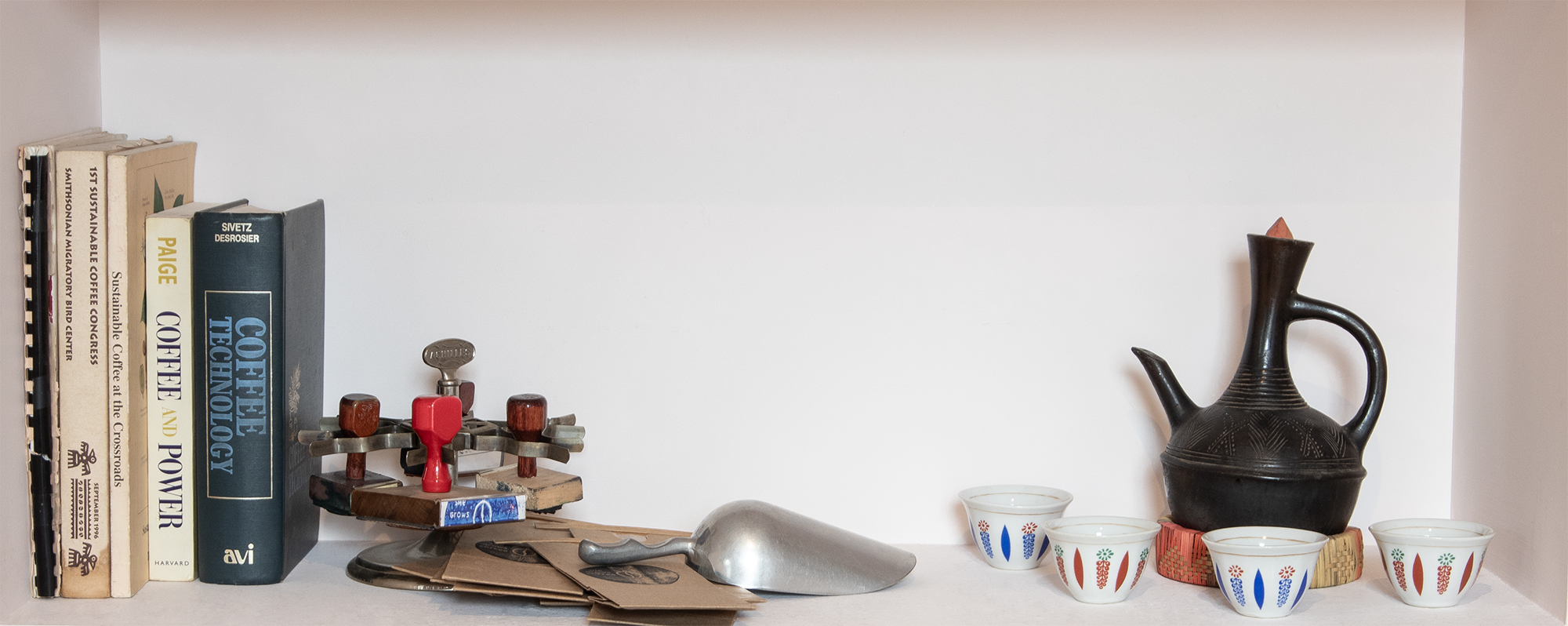
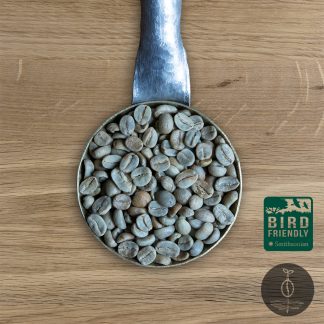
Reviews
There are no reviews yet.